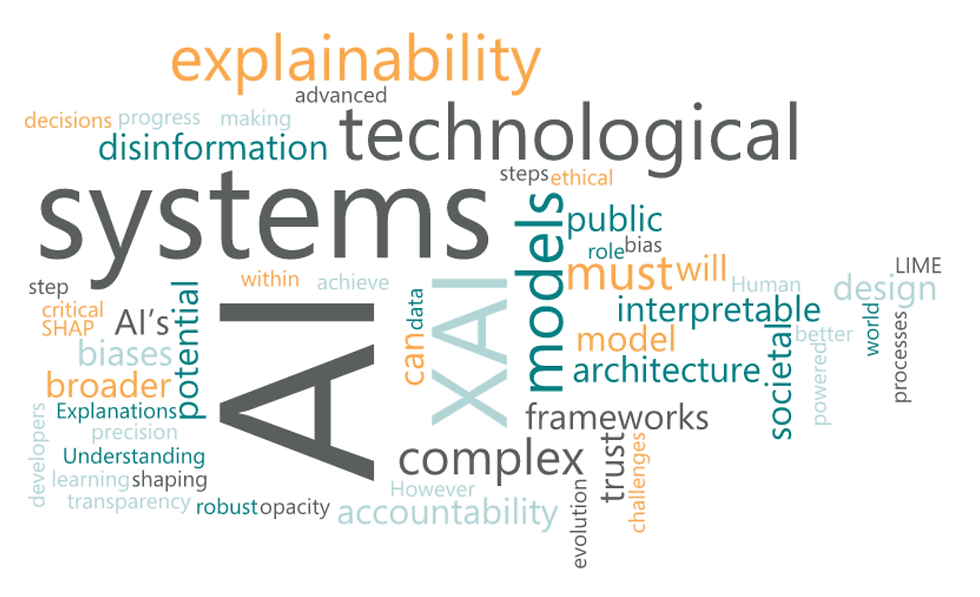Governing AI for Humanity
- Prokris Group
- Oct 5, 2024
- 3 min read
In my latest book on AI ethics, I have examined the rapid evolution of artificial intelligence (AI), which has highlighted the urgent need for robust governance frameworks. Given the critical nature of this issue, I was encouraged to read and analyse the United Nations' Governing AI for Humanity report. In my view, this document lays the foundation for addressing the ethical, social, and economic risks brought by AI, which have been areas of global concern. I welcome it as a significant step forward in addressing the governance challenges AI presents, particularly as the growing power imbalance between global tech corporations and nation-states intensifies.
The report highlights a key issue I have been researching on: the concentration of power within a few dominant technology corporations, such as Google, Amazon, and Microsoft. These entities control vast computational infrastructure and access to global data, both essential for developing advanced AI systems. Their dominance enables them to shape markets and public policy, raising serious concerns about the erosion of national sovereignty and accountability. This paradox, where international governance efforts exist but are overshadowed by corporate dominance, poses significant challenges for global equity and ethical AI development.
A critical issue addressed in the book and the UN report is the ethical dilemma surrounding data control and privacy. Transparency and consent are essential aspects of this conversation. Who is responsible for collecting and compiling datasets from users worldwide? What protocols ensure fair use, and who decides? These fundamental questions about ownership, fairness, and bias within AI systems remain unresolved. The concentration of algorithmic power in corporate hands exacerbates existing inequalities and forces smaller actors to rely on platforms controlled by these few corporations. The growing concern lies in the increasing integration of AI into global infrastructure.
Another critical issue that must be addressed is technological determinism, which the UN report touches upon indirectly. AI systems, once developed, often operate beyond the full understanding or control of their creators, raising vital concerns about human agency and accountability. I argue that technological determinism is not the only outcome. We have the ability to influence AI's trajectory, provided we establish transparent, a fully accountable global governance framework. This is where I believe the UN report plays a significant role. It lays the foundation for such global governance models.
There is a need for collective action from governments, corporations, and civil society to address these imbalances and ensure that AI governance reflects the wider public interest. Once again here is the paradox. How can governments, often outrun by technological advancements, regain control? What frameworks can ensure that corporate interests do not constantly override the needs of public interests? International collaboration and substantial funding for public AI infrastructure can be the key for catching up with AI development.
While the Governing AI for Humanity report offers a promising foundation, the journey towards comprehensive governance frameworks has only just begun. Much work remains. As we progress, it is imperative to build upon this foundation and develop governance systems that stimulates innovation while ensuring ethical, economic, and societal obligations in a future dominated by AI.
AI development is inevitable, but I still maintain that there are far more opportunities than challenges if we act strategically and in moderation as a global community. If we rise to the challenge and commit to responsible and ethical AI governance, as outlined in the UN’s report, we can shape a future where AI benefits all – corporations, governments, organisations and most importantly citizens. The alternative is to allow profit-driven corporate dominance to continue shaping the rules of engagement and continue treating citizens as products.
Will we continue to leave AI governance unchecked? The answer to this question will define AI’s role in the years ahead.






Comments